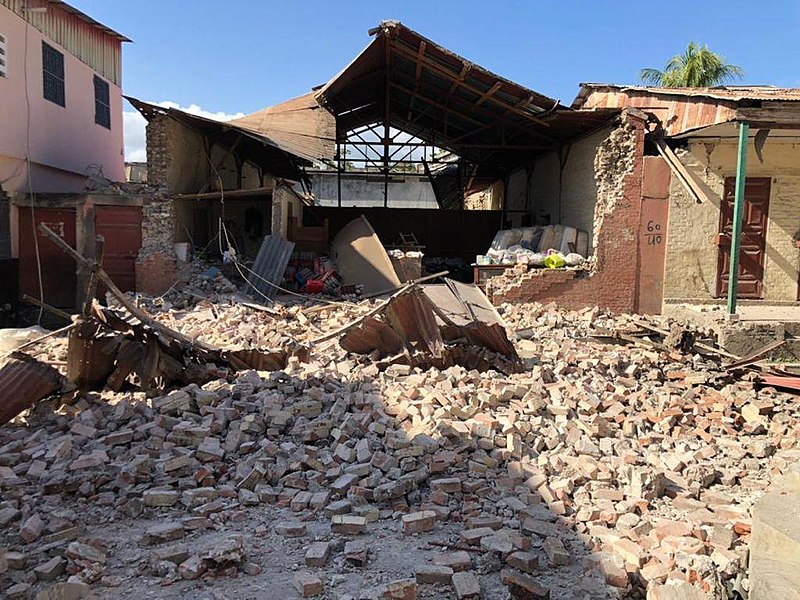What is earthquake disaster management?
Earthquake
An earthquake is sudden, rapid shaking of the ground caused by the shifting of rocks beneath the earth’s surface.
Earthquakes strike suddenly without warning and can occur at any time. The impacts of earthquakes include deaths, injuries, and damage to property.
Induced Seismicity
Induced seismicity are earthquakes that are due to human activities such as extraction or injection of fluids in the subsurface(Suckale, 2010).
The causes of induced seismic activity include dam building, geothermal energy extraction, mining, hydraulic fracturing, etc.
MEASURES FOR EARTHQUAKE RISK REDUCTION
The most important measure of the reduction of risk is pre-disaster mitigation, preventive measures, preparedness will reduce the vulnerability.
This also helps in rescue and relief action rapidly after the occurrence of the earthquake.
Steps
Stay calm, do not panic.
In most cases, one can protect themselves and others by Dropping, Covering, and Hold On.

If you are in a building, sit down on the floor under a table or any other furniture, and firmly hold on to it until the earthquake has stopped.
If there is no table nearby, cover your face and head with your hands and sit on the floor in a corner of the room. Keep away from glass windows, glass doors, and things that can fall down.
Do not try to leave the building quickly; during earthquakes, people mostly die because they try to run out of the building and become trapped under ruins if the building is destroyed.
Do not go to the staircase, a balcony, or an elevator. If you are in the street, keep away from buildings; try to get into an open space and avoid power transmission lines.
If you are at home, turn off electrical equipment and gas quickly. If you are in a chemistry class or a laboratory where chemicals are stored, try to leave the room because chemicals may cause injuries.
After earthquake
First, check if you have any injuries, and then check the condition of the surrounding people. If you cannot do this, wait for the rescue team. After the earthquake when you leave the shelter, do not return for 2-3 hours because the quakes may repeat (an aftershock).
Check if there is fire; in case of a mild one try to extinguish it. Be cautious about the possibility of gas leakage and damage caused to electrical wiring.
Be careful while opening wardrobe doors to take necessary items. Use only lanterns; do not use an oil lamp or a candle. Listen to the radio to receive information about the earthquake.

